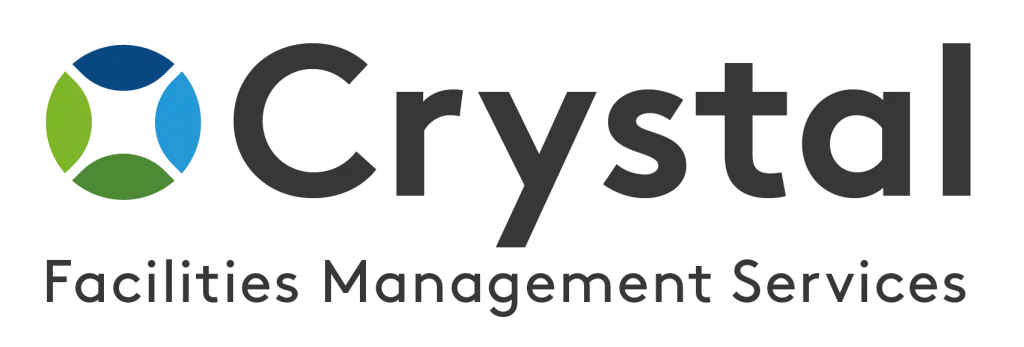Helpdesk support is an essential function for any company, and providing proactive helpdesk support can make a significant difference in customer satisfaction and overall business success. In this article, we will discuss some best practices for providing proactive helpdesk support, with a focus on providing excellent service and solving problems efficiently.
Understanding the Importance of Proactive Helpdesk Support
Proactive helpdesk support involves anticipating customer needs and addressing potential issues before they become major problems. By taking a proactive approach to helpdesk support, businesses can reduce the number of service interruptions, increase customer satisfaction, and ultimately save time and money in the long run. It is essential to understand the significance of proactive helpdesk support and how it can positively impact the overall operations of the business.
Implementing Effective Communication Channels
One of the best practices for providing proactive helpdesk support is to implement effective communication channels. It is essential to have multiple communication channels available for customers to reach out for support, such as phone, email, chat, and self-service portals. By providing various options for customers to seek help, businesses can ensure that customers can easily and quickly reach out for assistance when needed.
Furthermore, having a robust ticketing system in place can help streamline communication and track the status of customer requests. With a centralized ticketing system, helpdesk staff can efficiently manage and prioritize support tickets, ensuring that customer issues are addressed promptly and effectively. The implementation of effective communication channels is crucial for providing proactive helpdesk support and meeting customer expectations.
Investing in Training and Skill Development
Another best practice for providing proactive helpdesk support is investing in training and skill development for helpdesk staff. It is essential to ensure that helpdesk staff have the necessary skills and knowledge to provide excellent support to customers. By investing in training programs and skill development initiatives, businesses can empower their helpdesk staff to handle a wide range of customer issues efficiently and effectively.
Additionally, ongoing training can help keep helpdesk staff updated on the latest technologies and best practices in customer support. By continuously investing in the professional development of helpdesk staff, businesses can ensure that their support team is well-equipped to provide proactive helpdesk support and deliver exceptional service to customers.
Utilizing Technology to Streamline Support Processes
Technology plays a vital role in providing proactive helpdesk support. Businesses should leverage technology to streamline support processes and enhance the overall customer experience. Helpdesk software, for example, can automate ticket management, enable self-service options, and provide valuable insights into customer support metrics. By utilizing technology effectively, businesses can improve the efficiency and quality of their helpdesk support operations.
Furthermore, businesses should consider implementing customer relationship management (CRM) systems to track customer interactions and preferences. By integrating helpdesk support with CRM systems, businesses can gain a holistic view of customer needs and proactively address potential issues. Utilizing technology to streamline support processes is essential for providing proactive helpdesk support and delivering a seamless customer experience.
Monitoring and Analyzing Customer Feedback
Monitoring and analyzing customer feedback is a critical best practice for providing proactive helpdesk support. By actively listening to customer feedback, businesses can gain valuable insights into the effectiveness of their support operations and identify areas for improvement. Regularly monitoring customer feedback can help businesses identify trends, address recurring issues, and make data-driven decisions to enhance the overall quality of helpdesk support.
Businesses should consider implementing customer satisfaction surveys and feedback mechanisms to gather insights from customers. By leveraging customer feedback, businesses can proactively address customer concerns, improve service delivery, and ultimately enhance the customer experience. Monitoring and analyzing customer feedback is essential for providing proactive helpdesk support and maintaining a customer-centric approach to support operations.
Conclusion
Providing proactive helpdesk support is essential for businesses looking to deliver excellent customer service and maintain a competitive edge. By implementing effective communication channels, investing in training and skill development, leveraging technology, and monitoring customer feedback, businesses can enhance the overall quality of their helpdesk support operations and proactively address customer needs. Ultimately, proactive helpdesk support can lead to higher customer satisfaction, increased loyalty, and a positive impact on the overall success of the business.














